

— Blogs —
—Products—
 Consumer hotline +8618073152920
Consumer hotline +8618073152920 WhatsApp:+8615367865107
Address:Room 102, District D, Houhu Industrial Park, Yuelu District, Changsha City, Hunan Province, China
Product knowledge
Time:2025-04-01 17:02:07 Popularity:64
In today’s world, where global climate change and scientific literacy are gaining increasing attention, campus meteorological stations have become an important tool in school education. They are not just equipment but serve as a bridge between the classroom and nature, providing students with hands-on opportunities to explore the weather while cultivating curiosity and a sense of responsibility. This article will provide a detailed introduction to the working principles, educational and research values, and the profound impact campus meteorological stations have on raising environmental awareness.
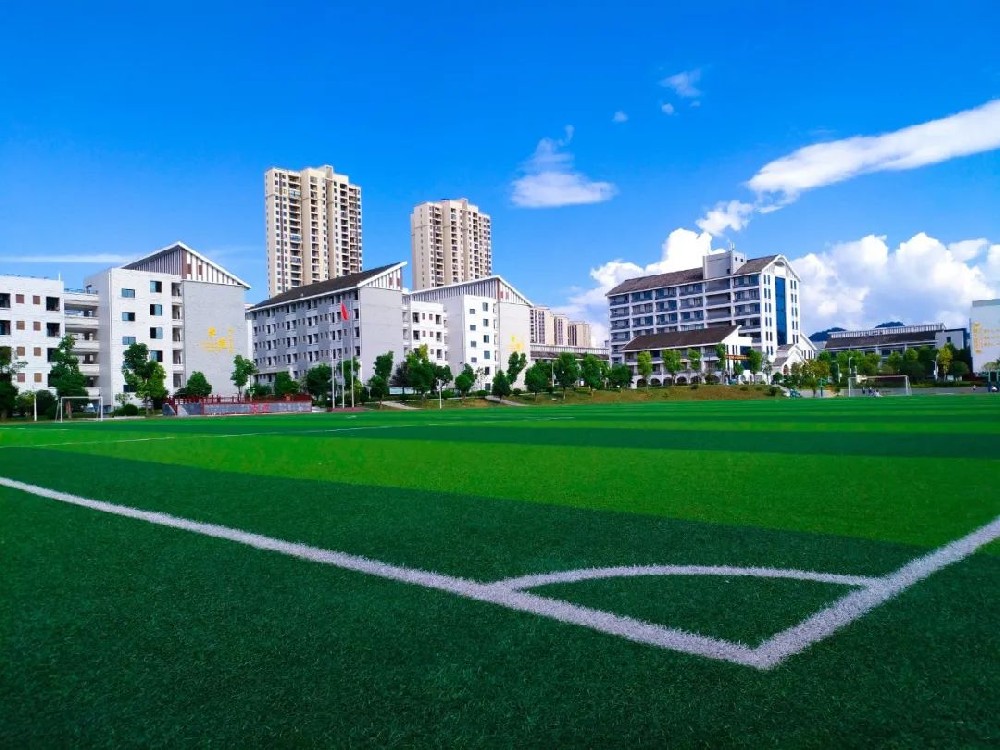
A campus meteorological station is a small-scale intelligent monitoring system designed specifically for school environments. It is equipped with high-precision sensors capable of measuring weather elements such as temperature, humidity, atmospheric pressure, wind speed, wind direction, and rainfall. The data collected is transmitted to a processing center through an automated system for use in teaching and analysis.
Unlike large professional meteorological stations, campus meteorological stations are of moderate size and easy to operate, combining practicality with educational value. They transform abstract climate concepts into tangible, observable experiences that students can interact with, making it an ideal platform for scientific learning.
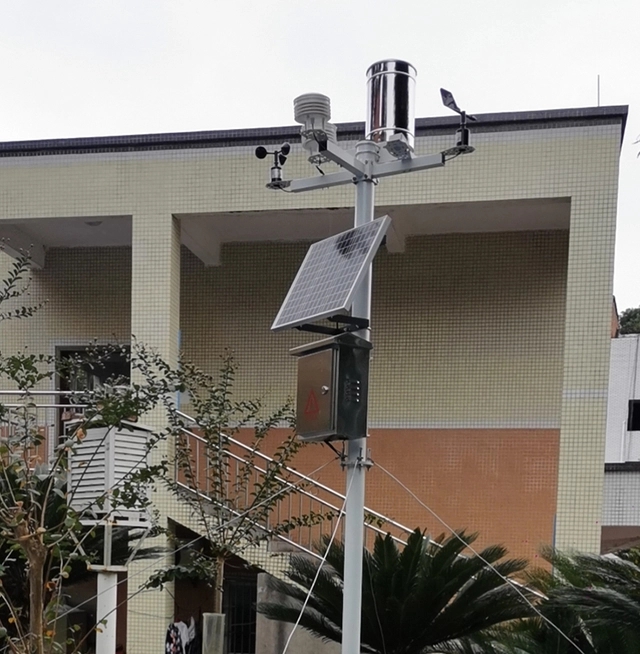
Campus meteorological stations greatly enrich the learning process through interaction and hands-on practice:
Students can directly engage in data recording, sensor operation, and weather observation. This practical approach helps them understand meteorological principles—such as how temperature affects humidity or how wind direction changes—in a more vivid and intuitive way, igniting interest in nature beyond textbook learning.
Managing a meteorological station requires skills such as instrument calibration and data organization. Through maintaining equipment and analyzing data, students develop practical abilities, logical thinking, and teamwork skills. These experiences lay the foundation for scientific inquiry.
With real-time data, students can witness weather changes firsthand—such as the drop in air pressure before a storm. This immediacy makes science feel closer to everyday life, motivating students to ask questions and seek answers with enthusiasm.
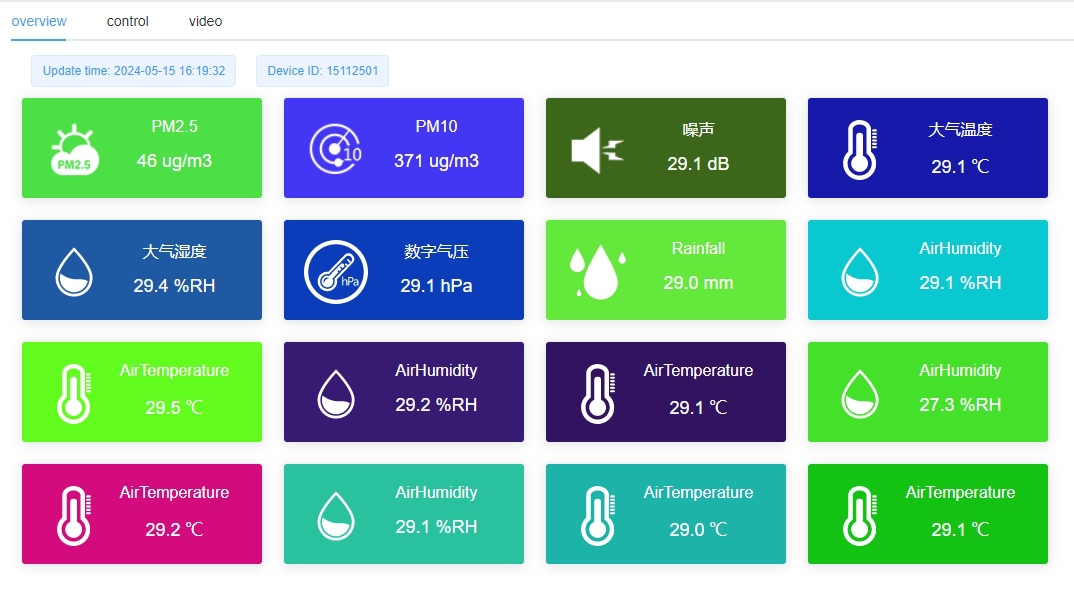
The value of campus meteorological stations extends beyond daily teaching and reaches broader fields:
The station provides continuous data streams—such as temperature trends, total rainfall, or wind speed records—that serve as materials for school research. Teachers and students can study local microclimates, seasonal changes, or even contribute to larger climate studies, transforming the school into a lively research base.
Schools often use meteorological stations to host lectures or observational events, inviting experts to explain meteorological knowledge. These interactions expose students to practical content beyond textbooks and inspire them to develop a passion for science and the courage to explore the unknown.
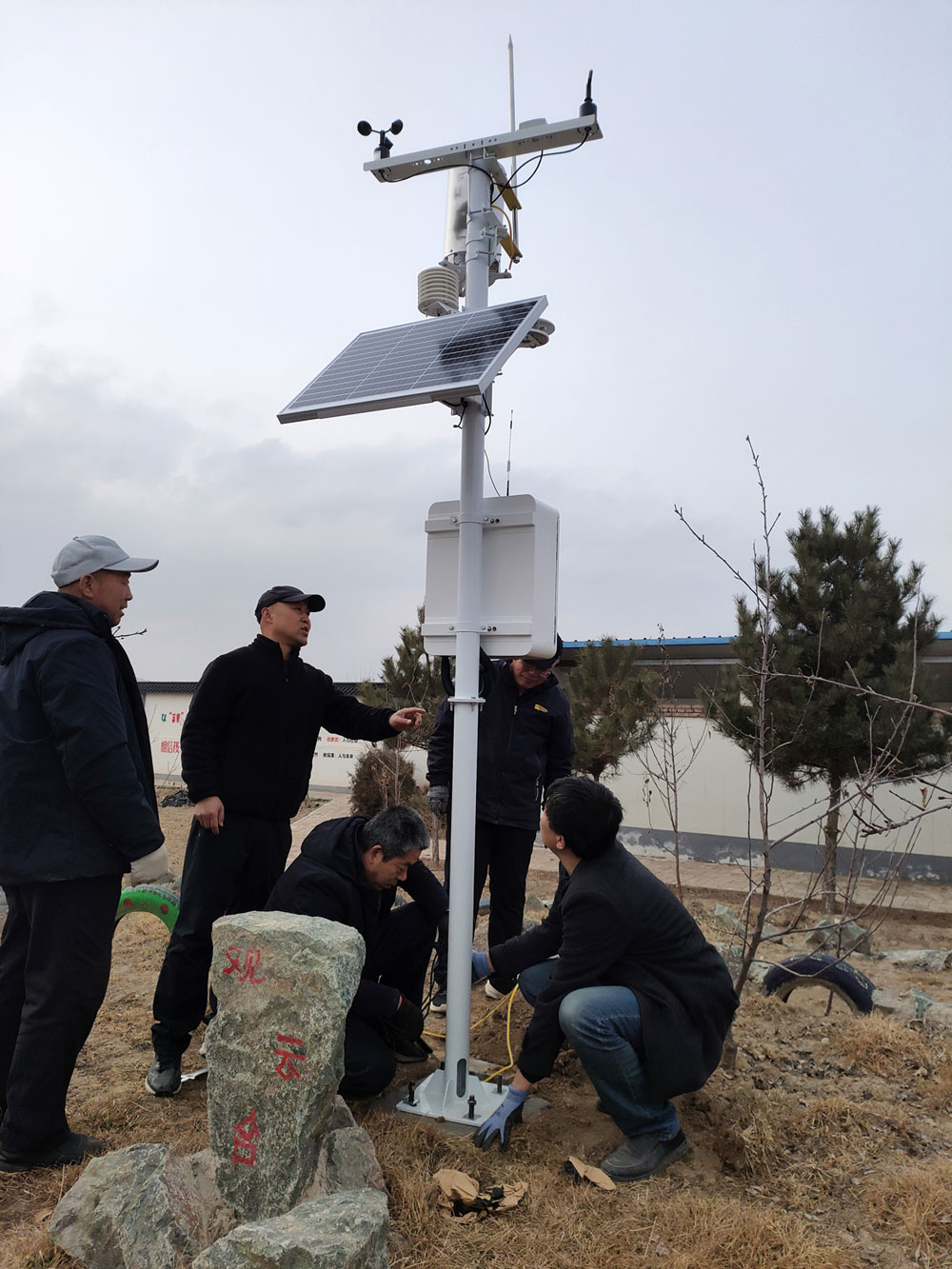
The influence of campus meteorological stations on students’ thinking, particularly in environmental education, is profound:
Through long-term observation of weather patterns, students can directly experience changes such as rising temperatures or abnormal rainfall, deepening their understanding of the environmental impact. This hands-on experience strengthens their awareness of global climate issues.
Data observation often leads to discussions on sustainability. Students begin to pay attention to issues such as air quality and water resources and take active roles in environmental actions like school recycling programs or community greening initiatives.
Equipped with knowledge, students become advocates for environmental causes, sharing their insights with peers and family. The campus meteorological station helps transform students into champions for a greener future.
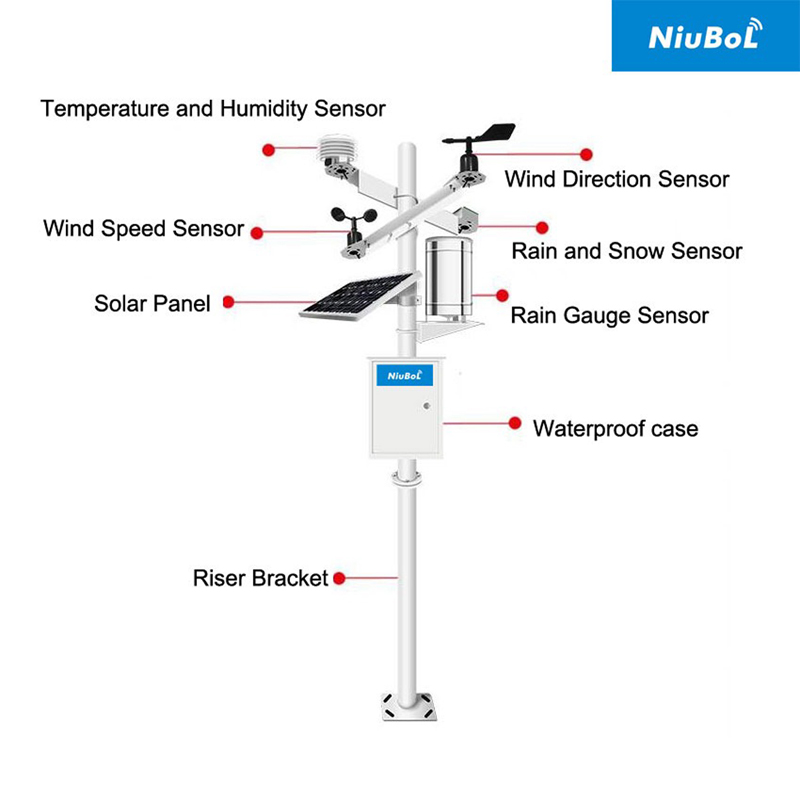
The excellent performance of campus meteorological stations relies on advanced technology:
- Sensor Networks: Instruments such as temperature probes, anemometers, and rain gauges ensure precise and reliable data.
- Automation: The system operates around the clock without human intervention, recording data continuously.
- Data Connectivity: Data can be easily accessed via software or cloud platforms, supporting analysis on computers or mobile devices.
- Durability: Designed for outdoor use, these stations are low-maintenance and capable of withstanding various weather conditions.
With the advancement of artificial intelligence, big data, and the Internet of Things, future campus meteorological stations may integrate predictive models or real-time alerts, further enhancing their capabilities.
Weather affects various aspects of life, including agriculture, transportation, energy, and safety. Campus meteorological stations prepare students to understand these realities. They provide:
- Practical Science: A bridge between theory and the outside world.
- Future Skills: Training future innovators in the technological era.
- Global Perspective: Climate awareness that transcends national borders.
For schools, it represents an educational investment and a step toward a smarter, more sustainable society.
Campus meteorological stations are not just tools; they are gateways to discovery. They allow students to perceive the rhythms of the atmosphere, equip them with skills for the technological world, and inspire them to care for the planet. As climate challenges intensify, these stations provide the next generation with the ability to understand, adapt, and take action. For educators and schools, this small device carries immense hope: transforming curiosity into knowledge and knowledge into influence.
Prev:Intelligent Meteorological Monitoring Instruments
Next:Small Meteorological Stations: Portable and Efficient Weather Observation Partners
Related recommendations
Sensors & Weather Stations Catalog
Agriculture Sensors and Weather Stations Catalog-NiuBoL.pdf
Weather Stations Catalog-NiuBoL.pdf
Related products
 Combined air temperature and relative humidity sensor
Combined air temperature and relative humidity sensor Soil Moisture Temperature sensor for irrigation
Soil Moisture Temperature sensor for irrigation Soil pH sensor RS485 soil Testing instrument soil ph meter for agriculture
Soil pH sensor RS485 soil Testing instrument soil ph meter for agriculture Wind Speed sensor Output Modbus/RS485/Analog/0-5V/4-20mA
Wind Speed sensor Output Modbus/RS485/Analog/0-5V/4-20mA Tipping bucket rain gauge for weather monitoring auto rainfall sensor RS485/Outdoor/stainless steel
Tipping bucket rain gauge for weather monitoring auto rainfall sensor RS485/Outdoor/stainless steel Pyranometer Solar Radiation Sensor 4-20mA/RS485
Pyranometer Solar Radiation Sensor 4-20mA/RS485
Screenshot, WhatsApp to identify the QR code
WhatsApp number:+8615367865107
(Click on WhatsApp to copy and add friends)